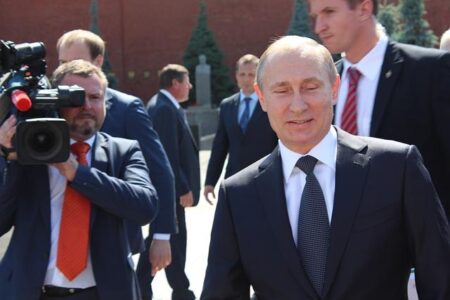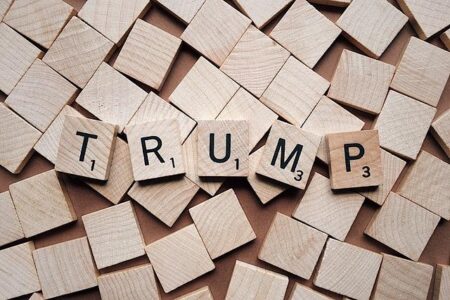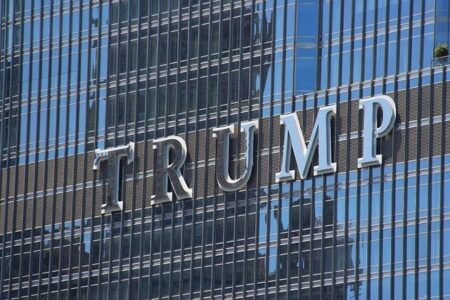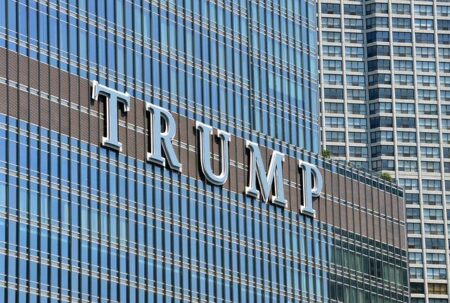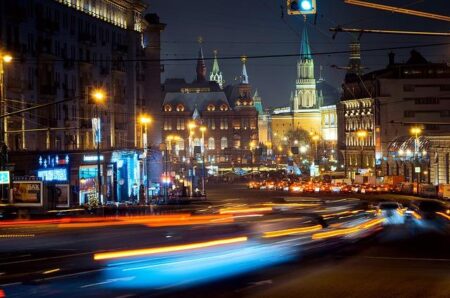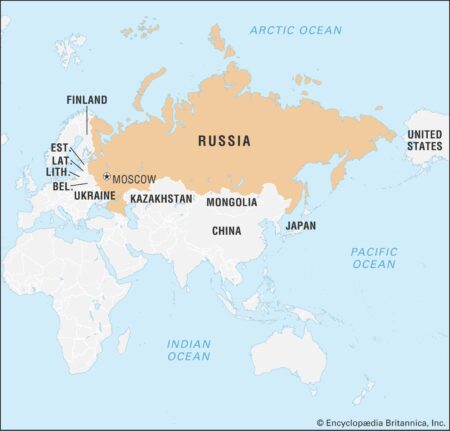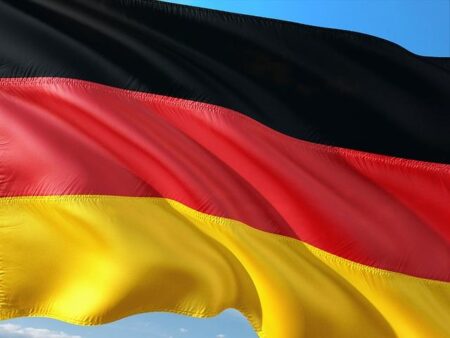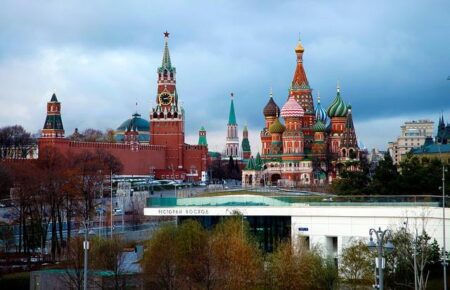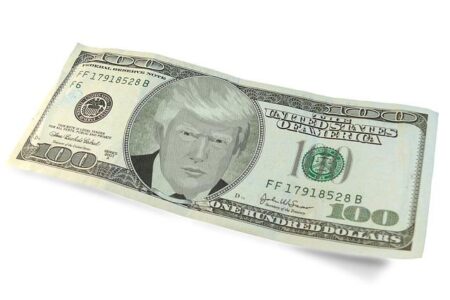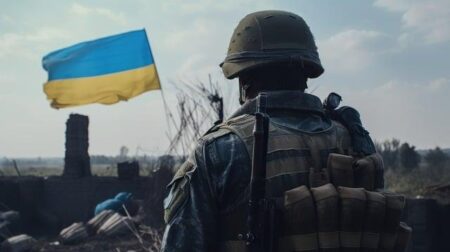Ukraine’s agreement to Donald Trump’s ceasefire proposal places significant pressure on President Putin to respond. Analysts suggest this development could shift negotiations and redefine the dynamics of the ongoing conflict in Eastern Europe.
Browsing: sanctions
In a recent statement, former President Donald Trump indicated he is “strongly considering” imposing large-scale sanctions and tariffs on Russia. This potential shift in policy aims to address ongoing tensions and Russia’s actions on the global stage.
Former President Trump has urged for immediate peace talks with Russia, warning that failure to act soon could lead to escalated conflict. He hinted at potential sanctions, emphasizing the urgency of diplomatic efforts to prevent further deterioration in relations.
Russia has initiated a significant aerial assault on Ukraine just days after the United States halted military aid. This escalation raises concerns over regional stability and highlights the ongoing tensions in Eastern Europe amid geopolitical shifts.
In a recent statement, former President Trump threatened renewed sanctions on Russia, calling for immediate peace negotiations following significant military escalations in Ukraine. His remarks highlight an ongoing concern about the conflict’s broader implications on global stability.
A close ally of President Putin has asserted that the UK must return funds it has “illegally” transferred to Ukraine. This claim raises significant questions regarding international financial support amidst ongoing geopolitical tensions.
In response to the U.S. suspension of certain military aid, France has stepped up its support for Ukraine by offering intelligence assistance. This move underscores Europe’s commitment to bolstering Ukraine’s defenses amid ongoing tensions with Russia.
China has announced the implementation of additional tariffs ranging from 10% to 15% on a variety of U.S. farm products, a move expected to escalate trade tensions between the two nations. The tariffs target key agricultural exports, impacting both economies.
Russia has imposed a permanent travel ban on Japan’s Foreign Minister and eight other officials, a move escalating tensions between the two countries. This decision reflects ongoing geopolitical strains stemming from differing stances on regional security and international relations.
Russia’s recent seizures of assets serve as a stark reminder to Western firms considering a return amidst easing tensions. Analysts warn that reliance on political shifts, like a potential Trump-inspired approach, could lead to significant risks in volatile markets.
In a significant move, the UN General Assembly passed a resolution condemning Russia’s aggression in Ukraine amid shifting global alliances. The vote reflects growing international consensus against the invasion, emphasizing the need for diplomatic resolution and accountability.
In a recent diplomatic alignment, Russia’s Foreign Minister Sergey Lavrov expressed support for Iran’s nuclear program, emphasizing the importance of dialogue and mutual interests. This collaboration underscores a deepening partnership amidst ongoing geopolitical tensions.
The European Union is looking to India for collaboration in enforcing sanctions against Russia, aiming to bolster its efforts amid ongoing geopolitical tensions. This partnership could enhance India’s role in global economic stability and diplomatic negotiations.
In a surprising development, Russian President Vladimir Putin has extended an offer to former President Donald Trump to sell minerals sourced from Russian-occupied Ukraine. This move raises questions about the geopolitical implications and potential economic impacts on the region.
Brazil’s Supreme Court has ordered social media platform X to pay a $1.4 million fine for failing to comply with a court ruling. The decision underscores the ongoing tension between the judiciary and tech companies over content moderation and user rights.
Britain is set to impose new sanctions targeting individuals with ties to the Kremlin, signaling robust support for Ukraine amid ongoing conflict. The move aims to hold accountable those contributing to Russia’s aggression and reinforce international solidarity.
Former President Donald Trump has shifted his stance, acknowledging that Russia launched an unprovoked attack on Ukraine. This marks a significant change from his previous remarks, reflecting an evolving narrative surrounding the ongoing conflict.
The U.S. is urging Ukraine to revise its U.N. resolution condemning Russia’s actions, seeking to address concerns about its diplomatic implications. This move aims to strengthen international support while navigating complex geopolitical tensions.
The U.S. is reportedly opposing the inclusion of a direct reference to “Russian aggression” in the G7 statement commemorating Ukraine’s anniversary. This move raises questions about the bloc’s unified stance on Moscow amid ongoing conflict.
As negotiations intensify to end the Ukraine-Russia conflict, each nation‚Äôs aspirations emerge‚ÄĒUkraine seeks sovereignty and security, while Russia aims to assert influence and legitimacy. The path to peace remains fraught with complexity and competing interests.

